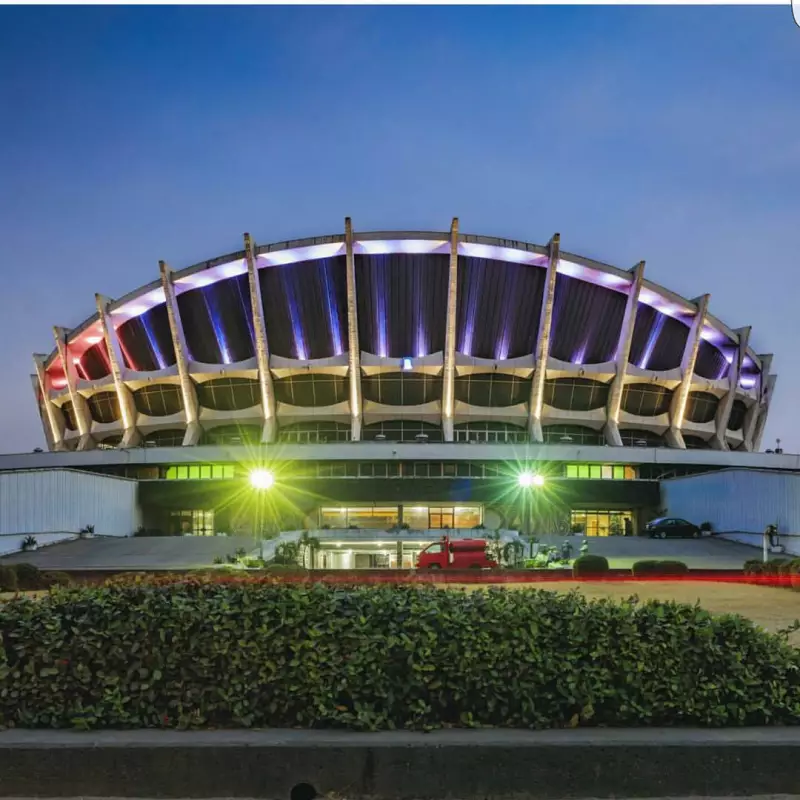
As the harmattan breeze sweeps across Nigeria, a different kind of wind blows through the nation's economy—the whirlwind of December commercial activities that has transformed the festive season into a massive business enterprise.
The Economic Transformation of Festivity
What was once primarily a period of religious celebration and family reunions has evolved into Nigeria's most lucrative business quarter. The final month of the year now drives unprecedented economic activity across multiple sectors, from retail and transportation to hospitality and entertainment.
The December phenomenon represents a unique fusion of cultural tradition and commercial opportunity, creating what economists are calling 'Africa's most concentrated consumer spending period.'
Sector-by-Sector Boom
The commercial explosion touches virtually every aspect of Nigerian business life:
- Retail Revolution: Shopping malls and markets experience foot traffic increases of up to 300%, with consumers splurging on new clothing, electronics, and gifts
- Transportation Gold Rush: Airlines, bus companies, and ride-hailing services implement 'December rates' as demand skyrockets for travel to hometowns
- Hospitality High Season: Hotels, restaurants, and event centers book months in advance, with prices often doubling for the festive period
- Entertainment Economy: Concert promoters, musicians, and comedians schedule their biggest shows, knowing audiences are willing to pay premium prices
The Psychology of December Spending
Nigerian consumers demonstrate remarkable spending behavior during December, driven by several powerful factors:
- Social Pressure: The expectation to showcase success and provide lavish celebrations creates significant financial pressure
- Cultural Traditions: The deeply ingrained practice of returning to one's village and hosting extended family members
- Year-End Bonuses: Many workers receive their largest payments of the year in December, creating temporary spending power
- Festive Optimism: The general atmosphere of celebration lowers financial inhibitions and encourages generosity
The Business Strategy Behind the Festivities
Smart Nigerian entrepreneurs have learned to structure their entire business year around the December boom. Many small businesses generate up to 40% of their annual revenue during this single month, while larger corporations launch special December-specific products and marketing campaigns.
The commercialisation extends beyond traditional businesses to include:
- Makeup artists and fashion designers booking clients months in advance
- Farmers timing their harvests to coincide with December demand
- Traditional rulers and community groups organizing paid events
- Even religious institutions experiencing increased donations and attendance
The Economic Impact and Future Trends
Economists note that the December commercial boom has both positive and challenging aspects for Nigeria's economy. On one hand, it stimulates economic activity and provides crucial income for millions. On the other, it can lead to January financial struggles as consumers deal with post-festivity debt.
The phenomenon shows no signs of slowing down, with each year bringing new commercial innovations and expanding the scope of December business opportunities. As one market trader in Lagos put it, "December is our December salary—we work all year to prepare for this one month that feeds us for months to come."
This unique Nigerian tradition of turning celebration into commerce continues to evolve, creating what may be the most concentrated period of economic activity in any African nation.





